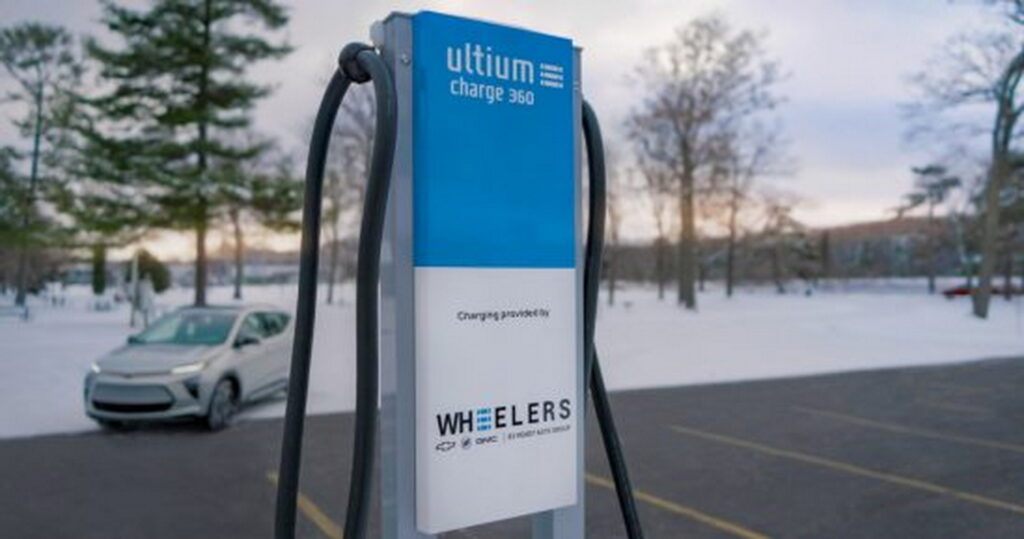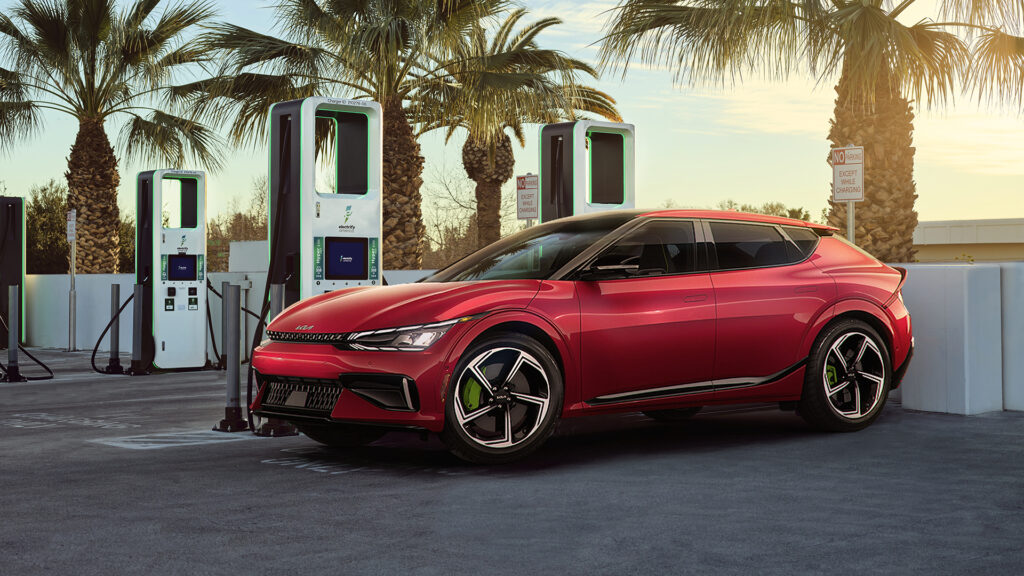American EV drivers’ happiness with the network of Level 2 and Level 3 public chargers has hit its lowest point since J.D. Power starting measuring customer satisfaction in 2021.
That drop in satisfaction is being led by worsening rates of reliability in public charging points around the country. In 2022, one in five charging attempts at public chargers failed, and the rate of failures has been growing steadily since 2021.
J.D. Power blames America’s aging charging stations and the lack of routine maintenance for the widespread failures. That’s a major challenge that is facing the automotive industry, because these issues come at a time when EV adoption is growing at twice the rate of charger installation, reports Automotive News.
Read: There Are More Public Charging Stations Than Ever, But That’s Still Not Enough, Study Finds

“We can’t add new chargers and let all those old ones fall into a state of disrepair,” said Brent Gruber, executive director of global automotive at J.D. Power. “We have to manage the maintenance of those as well because that’s the only way we’re going to meet the consumer demand.”
Although J.D. Power opted not to publicly name which networks had the best and worst reliability records, it did reveal that drivers failed to charge 40 percent of the time at the least reliable network’s chargers. On the best network, meanwhile, the failure rate was just three percent.
The study looked at more than 26,500 public chargers across all 50 states, and the reasons for a charging session failing ranged from software glitches to payment processing errors to vandalism.
Although many of the failures were minor, it could take technicians 24 to 48 hours in order to get out to a charger that was down. A lack of information from the station, too, could make things worse. Sometimes, a charging session simply failed because the plug wasn’t all the way in, but to the customer, the error message was the same as if there was an issue with the charger.
Fortunately, a number of providers are working on improving their networks. EVgo, for instance, recently announced EVgo Renew, a program designed to better handle issues at its stations. The company says that it plans to upgrade, replace, or retire hundreds of its units this year.
Regulators are also looking at the issue now, and under the National Electric Vehicle Infrastructure Formula Program, charging companies will be required to track network reliability. Some states, like California, may soon mandate uptime requirements in order to ensure that drivers can reliably charge their vehicles.





